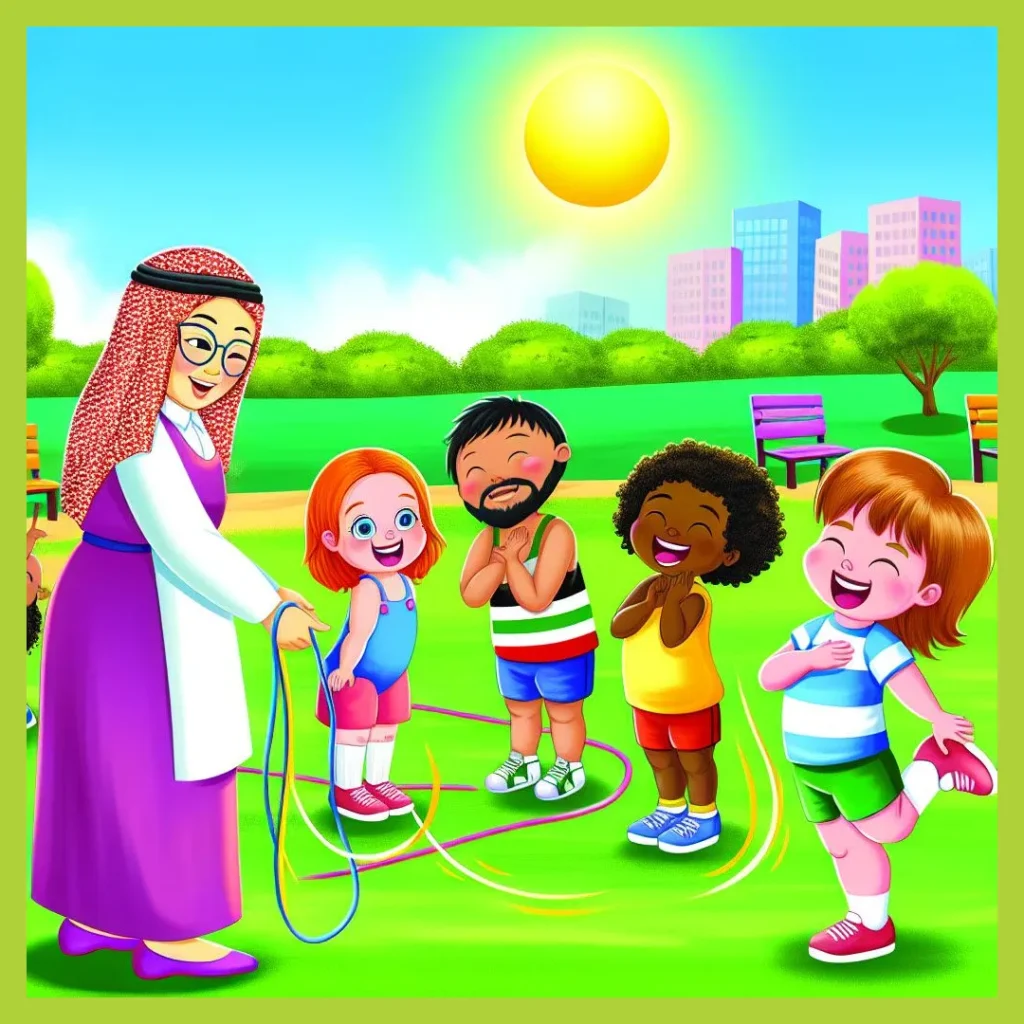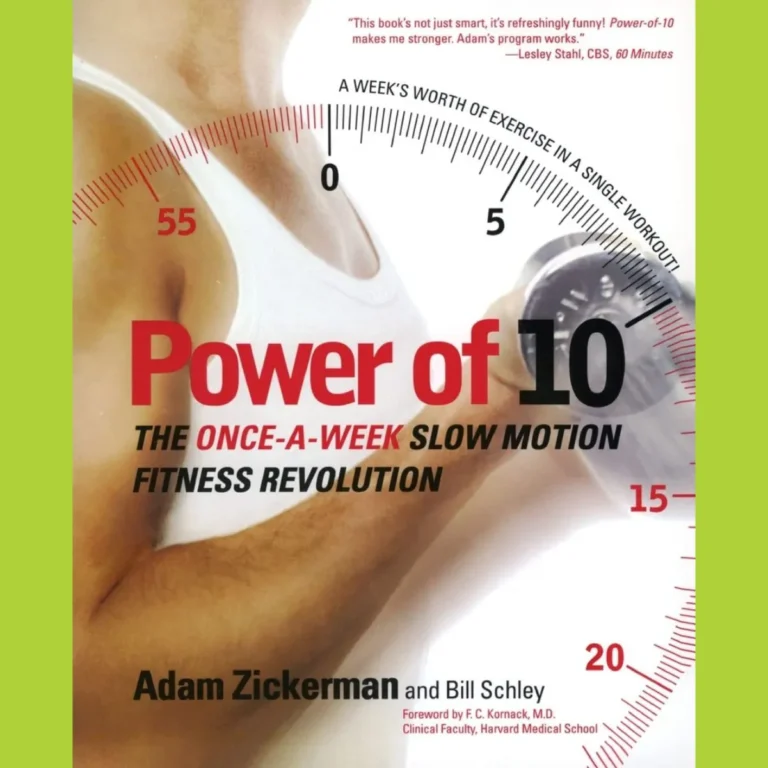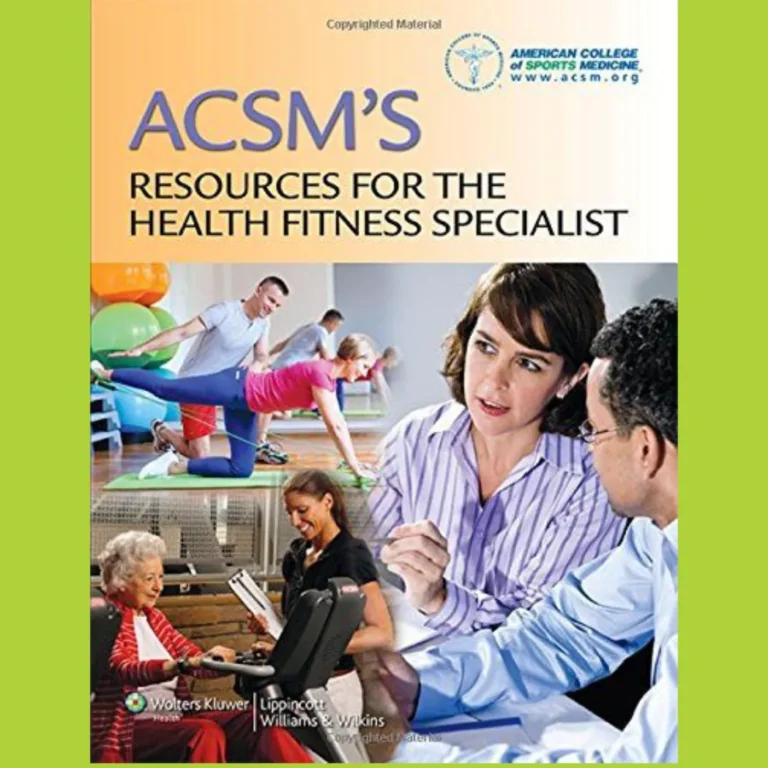Health Fitness Activities for Preschoolers
Physical activity is an integral aspect of a child’s overall development, and an early introduction to health fitness can set the foundation for a lifelong commitment to a healthy lifestyle.
As preschoolers are constantly on the move and eager to explore their surroundings, it is the perfect time to engage them in fun and interactive fitness activities.
These activities not only promote physical well-being, but also contribute to the development of gross motor skills, coordination, and social skills.
In today’s age of technology and sedentary lifestyles, it is essential to encourage young children to embrace physical activity and make it an enjoyable part of their daily routine.
In this article, we will explore some of the best health fitness activities that are specifically designed for preschoolers.
These activities are not only beneficial for their physical health, but also aid in their cognitive and emotional development.
From simple games to creative exercises, we will provide you with a variety of options to keep your little ones active and healthy.
So, let’s dive into the world of health fitness activities for preschoolers and ignite a passion for a healthy lifestyle in our young ones.
Table of Contents Health Fitness Activities for Preschoolers
Promote healthy habits early on
Instilling healthy habits in children from a young age is crucial for their overall well-being and development.
By promoting healthy habits early on, we can set a solid foundation for a lifetime of good health.
Encouraging regular physical activity, such as active play or simple exercises tailored for preschoolers, helps improve their motor skills, coordination, and cardiovascular health.
Additionally, introducing a variety of nutritious foods and teaching them about balanced meals not only supports their growth and development but also establishes healthy eating habits that can last a lifetime.
By incorporating these activities into their daily routine, we can lay the groundwork for a healthier future for our preschoolers.
Fun and engaging exercises
Physical activity doesn’t have to be a chore for preschoolers – in fact, it can be a fun and engaging experience! Incorporating activities that capture their interest and imagination not only keeps them active but also promotes their physical and cognitive development.
Think of games such as “Simon Says” or “Dance Freeze,” where they can move and groove to the rhythm while following instructions.
Outdoor activities like scavenger hunts or obstacle courses can encourage them to explore and challenge their motor skills.
Even simple exercises like animal walks, where they imitate the movements of animals, can turn physical activity into a playful and enjoyable experience.
By making exercise fun and engaging, we can foster a positive attitude towards staying active and promote a lifelong love for fitness in our preschoolers.
Incorporate play-based movement activities
Engaging preschoolers in play-based movement activities can be a valuable way to promote their overall health and fitness.
By incorporating games and creative movements into their daily routines, children not only develop their physical abilities but also enhance their social and emotional skills.
Encourage them to participate in activities such as relay races, where they can work together in teams and practice coordination and teamwork.
Incorporate dance sessions, where they can express themselves through movement and improve their balance and flexibility.
Utilize props like hula hoops or jump ropes to add excitement and challenge to their playtime.
By providing opportunities for play-based movement activities, we can instill a love for exercise in our preschoolers and set them on a path towards a lifetime of health and well-being.
Develop gross motor skills
Engaging preschoolers in activities that focus on developing their gross motor skills can have numerous benefits for their physical development.
Gross motor skills involve the use of the large muscles in the body, such as those in the arms, legs, and core.
By engaging in activities that promote gross motor skills, children can improve their coordination, balance, strength, and endurance.
These skills are essential for everyday tasks such as running, jumping, climbing, and throwing.
Encourage preschoolers to participate in activities such as obstacle courses, where they can crawl, climb, and navigate through various physical challenges.
Incorporate games that involve throwing, kicking, or catching objects to enhance their hand-eye coordination and improve their motor control.
By focusing on the development of gross motor skills during early childhood, we can provide a solid foundation for their physical abilities and contribute to their overall health and well-being.
Encourage outdoor physical play
Outdoor physical play is an excellent way to promote the overall health and well-being of preschoolers.
It provides them with an opportunity to engage in various activities that not only enhance their gross motor skills but also promote their physical fitness.
Encouraging preschoolers to spend time outdoors allows them to experience the benefits of fresh air, natural surroundings, and open spaces.
They can engage in activities such as running, jumping, climbing, and exploring their environment, which not only supports their physical development but also stimulates their cognitive and sensory abilities.
Outdoor play also encourages social interaction and cooperative play among children, fostering the development of important social skills.
By incorporating outdoor physical play into their daily routines, we can instill a lifelong love for physical activity and promote a healthy lifestyle from an early age.
Introduce yoga and mindfulness
In addition to outdoor physical play, introducing yoga and mindfulness activities can further enhance the health and well-being of preschoolers.
These practices offer a unique opportunity for young children to develop body awareness, flexibility, and balance, while also promoting relaxation and emotional regulation.
By engaging in age-appropriate yoga poses and mindfulness exercises, preschoolers can learn valuable skills to manage stress, improve concentration, and cultivate a sense of inner calm.
Incorporating these activities into their daily routines not only supports their physical and mental development but also lays the foundation for a lifelong practice of self-care and holistic well-being.
Through gentle stretches, breathing exercises, and guided relaxation, preschoolers can discover the joy of connecting their mind, body, and breath, fostering a sense of peace and harmony within themselves.
Teach about nutritious food choices
As part of the comprehensive approach to promoting health and fitness in preschoolers, it is essential to teach them about nutritious food choices.
By educating young children about the importance of eating a balanced diet, we can instill healthy eating habits from an early age.
Through interactive activities such as storytelling, hands-on food exploration, and cooking demonstrations, preschoolers can learn about the various food groups and their specific benefits for growth and development.
It is crucial to emphasize the importance of consuming fruits, vegetables, whole grains, and lean proteins while limiting the intake of sugary snacks and beverages.
By providing engaging and age-appropriate lessons on nutritious food choices, we empower preschoolers to make informed decisions and establish a solid foundation for a lifetime of healthy eating habits.
Make fitness a family activity
Engaging in regular physical activity as a family is a wonderful way to promote health and fitness in preschoolers.
By making fitness a fun and interactive experience, children are more likely to develop a positive attitude towards exercise and incorporate it into their daily routine.
There are numerous activities that families can enjoy together, such as going for walks or bike rides, playing outdoor games like tag or soccer, or even having dance parties in the living room.
These activities not only help children develop their gross motor skills and coordination but also foster a sense of togetherness and create lasting memories.
Additionally, participating in physical activities as a family can serve as a role model for children, showing them the importance of leading an active lifestyle and prioritizing their well-being.
In conclusion, incorporating health and fitness activities into the daily routine of preschoolers can have a significant impact on their overall physical and mental well-being.
These activities not only promote healthy habits but also teach valuable skills such as teamwork, coordination, and self-discipline.
As early childhood educators, it is important to prioritize the health and fitness of our young learners and create a positive environment that encourages and supports their physical development.
By implementing these activities, we can set our preschoolers on a path towards a lifetime of health and wellness.
FAQ
What are some fun and engaging health fitness activities that preschoolers can participate in?
Preschoolers can engage in fun and interactive health fitness activities such as dancing to music, playing tag or other active games, doing animal walks like bear crawls or frog jumps, yoga for kids, hula hooping, obstacle courses, and nature walks.
These activities not only promote physical fitness but also help develop coordination, balance, and social skills in young children.
It’s important to make these activities enjoyable and age-appropriate to ensure preschoolers stay engaged and have fun while being active.
How can parents and caregivers encourage preschoolers to stay active and engaged in physical activity?
Parents and caregivers can encourage preschoolers to stay active by providing a variety of fun and age-appropriate physical activities such as outdoor play, sports, dancing, and games.
Limiting screen time, being active role models, praising and rewarding their efforts, and creating a supportive and positive environment for physical activity are also effective strategies.
Additionally, involving children in choosing activities they enjoy, organizing playdates with other children, and incorporating active play into daily routines can help foster a lifelong love for physical activity.
What are the benefits of incorporating health fitness activities into a preschooler’s daily routine?
Incorporating health fitness activities into a preschooler’s daily routine can promote physical development, improve motor skills, enhance cognitive function, boost self-esteem, help maintain a healthy weight, instill lifelong healthy habits, encourage social interaction, and increase overall well-being and happiness.
It also helps in developing coordination, balance, and strength, and can aid in better sleep patterns and improved focus in other activities throughout the day.
How can preschool teachers incorporate health fitness activities into their lesson plans and daily schedules?
Preschool teachers can incorporate health fitness activities by including movement breaks, outdoor playtime, yoga or stretching exercises, dancing, obstacle courses, and structured games like Simon Says or Follow the Leader.
They can also integrate healthy eating discussions, teach proper handwashing techniques, and involve children in planting and caring for a garden.
By making physical activity fun and engaging, teachers can promote a lifelong love for fitness and overall well-being in their students.
Are there any specific guidelines or recommendations for the amount of physical activity preschoolers should be getting each day?
Yes, guidelines from the National Association for Sport and Physical Education recommend that preschoolers should engage in at least 60-120 minutes of physical activity per day, including both structured and unstructured play.
Activities should focus on developing movement skills, coordination, balance, and strength.
Parents and caregivers are encouraged to provide a variety of active opportunities to promote healthy growth and development in young children.







